

Cook Islands, Niue, and Tokelau are the only Pacific Island nations who enjoy visa-free access to Aotearoa New Zealand.
Photo/File
Bridging the Pacific: The visa-free travel debate
The discussion surrounding visa-free access between New Zealand and Pacific island nations presents opportunities and challenges, raising important questions about Aotearoa’s role in the region.


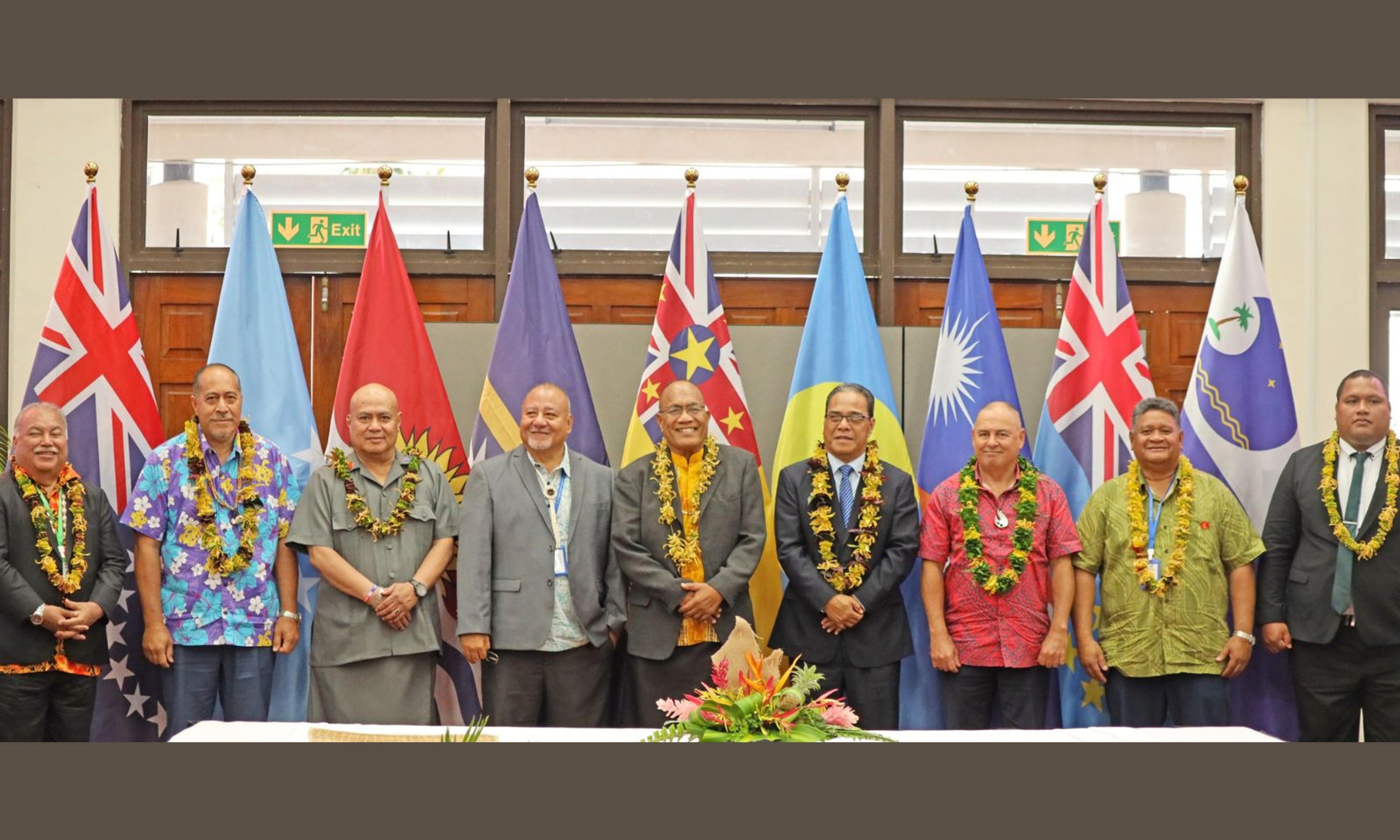
Pacific told to rethink ‘friends to all’ approach as region faces rising geopolitical pressure

Ōtautahi's 1 Drop Nation celebrates brotherhood and legacy in new music



Pacific told to rethink ‘friends to all’ approach as region faces rising geopolitical pressure

Ōtautahi's 1 Drop Nation celebrates brotherhood and legacy in new music
The prospect of granting visa-free travel to Pacific island nations has been an ongoing debate in New Zealand.
While there are significant benefits, such as strengthening economic and diplomatic relationships with the Pacific, several issues regarding long-term impacts must be considered.
In New Zealand’s political framework, only three Pacific Island nations - the Cook Islands, Niue, and Tokelau - enjoy visa-free travel access.
Their special status arises from their constitutional ties, as residents of these islands are considered New Zealand citizens.
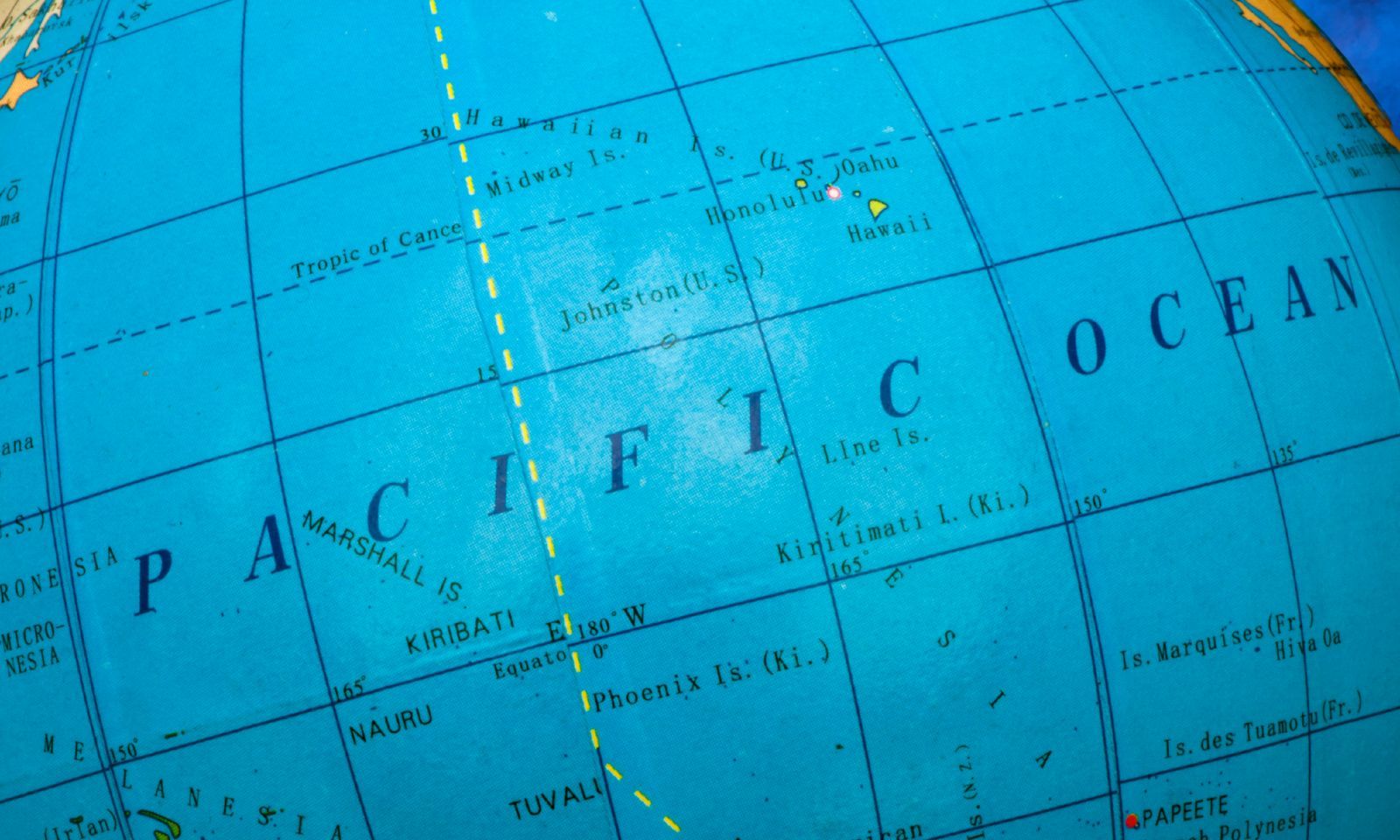
In 1986, NZ trialled visa-free travel for Sāmoa, Fiji, and Tonga. Photo/File
Other Pacific Island nations, including Fiji, Sāmoa, Tonga, and Vanuatu, do not have similar privileges. There was, however, a period in which some of these countries experienced visa-free status to New Zealand.
In 1986, New Zealand introduced visa-free travel for selected countries in the region, including Fiji and Sāmoa. This arrangement was short-lived, as it was reinstated just a few months later due to concerns over potential migration inflows.
Robert Patman, an International Relations Professor at Otago University, confirmed this history: “New Zealand did actually introduce a visa-free system but withdrew it within a few months because of rising numbers of people coming from Pacific nations.”
Patman compared this situation to the European Union’s common travel areas, which have promoted regional stability and economic growth.
“Common travel areas have been lauded for decades in Europe as a solution that drives both stability in the region and economic growth.”
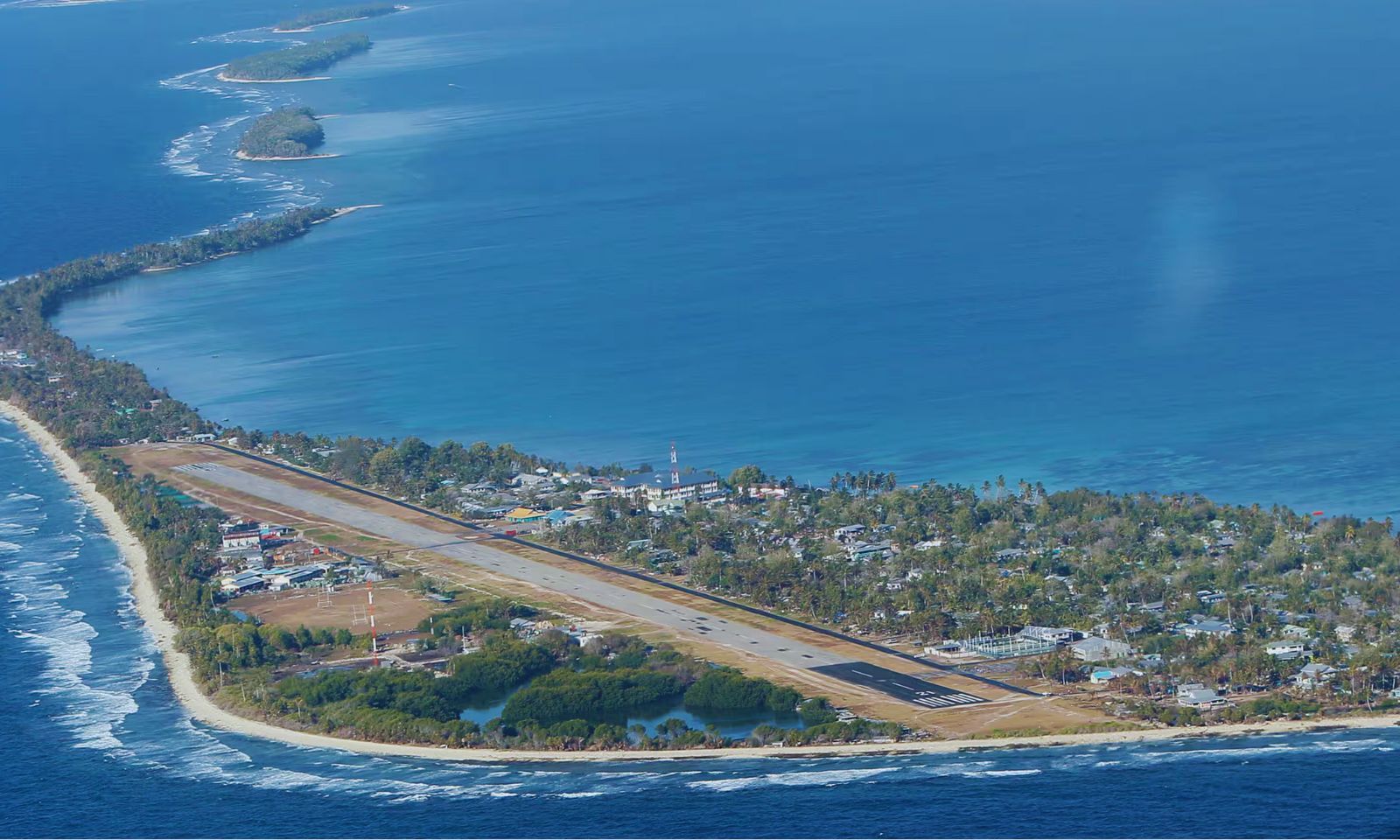
Visa-free travel could significantly address climate change, a pressing issue for many Pacific Island nations facing rising sea levels, such as Tuvalu, pictured. Photo/File
Economic and climate benefits
Patman emphasised the significant benefits of granting Pacific Island nations visa-free access to New Zealand, highlighting both economic gains and mutual benefits.
“Visa-free arrangements would not only drive economic interaction between New Zealand and the Pacific Island nations but also be mutually beneficial," he said.
“It would be a way of connecting companies both in New Zealand and the Pacific Island nations, leading to mutually beneficial outcomes.”
Patman also highlighted that visa-free travel could significantly address climate change, a pressing issue for many Pacific Island nations facing rising sea levels.
“Several Pacific Island nations face the real threat of rising sea levels endangering their very existence within the next two decades.
“With visa-free access, there would be a source of future-proofing against climate change for Pacific Island nations.”
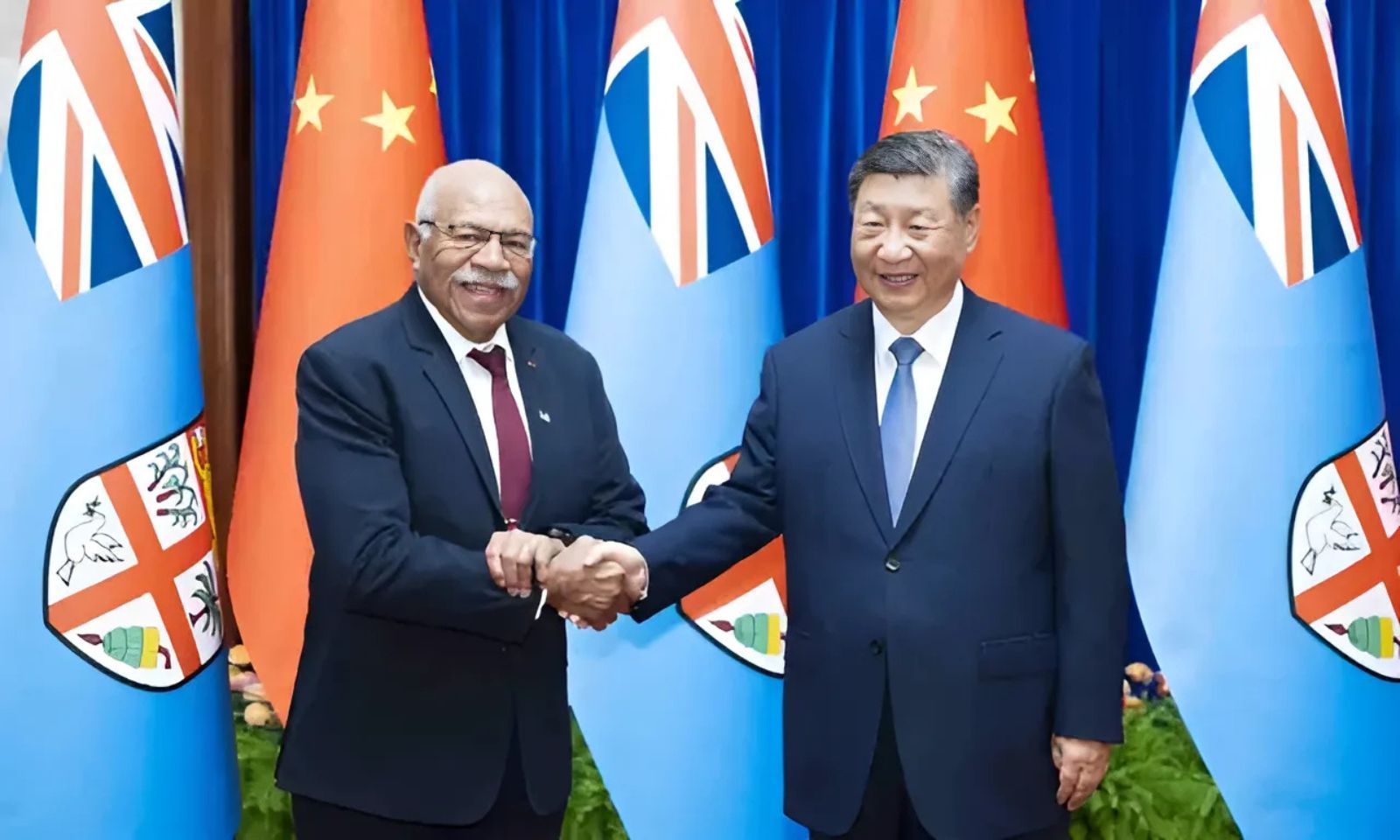
Fiji's Prime Minister Sitiveni Rabuka and China's President Xi Jinping. Photo/File
Geopolitical considerations
Patman noted the geopolitical tensions in the Pacific, particularly with the growing influence of international powers like China and the United States, which are vying for strategic economic dominance.
Granting visa-free travel could be a strategic move for New Zealand to maintain its regional leadership and influence.
“China has just recently granted New Zealand visa-free access to stimulate economic interaction and people-to-people relations, strengthening the bilateral relationship.
“New Zealand should be doing this not just because of China but because it’s the right thing for New Zealand as a partner in the region,” Patman added.
Addressing challenges
While the potential benefits are evident, critics highlight the potential risks, particularly around overstaying and resource strain.
Anae Arthur Anae, former National Member of Parliament, argued the need for fairness in New Zealand’s immigration policies and emphasised the importance of simplifying processes to reduce overstaying issues.
Watch Anae Arthur Anae's full interview below.
“If you make it difficult for someone to come, they will stay as long as they can before they go back because they know it’s going to be hard to come back again.”
Acknowledging concerns about potential influxes and overstaying, Patman suggested practical solutions.
“If New Zealand wanted to be very cautious, it could trial such an arrangement with the cooperation of the countries concerned.”
Patman added that visa-free travel would likely enhance economic opportunities in the region, encouraging Pacific residents to remain in their home countries.
“With economic interaction and business contacts facilitated, people would have greater reasons to live in their ancestral homes.”
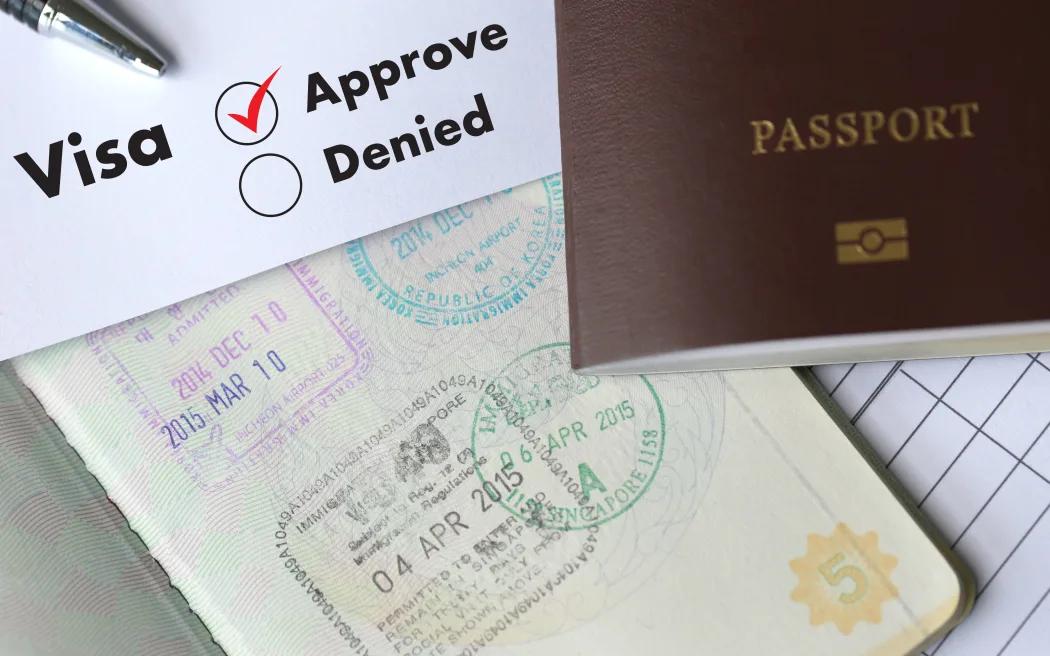
NZ and the Pacific have shared a long history of diplomacy. Photo/RNZ/Gill Bonnett.
Shared history and prospects
Patman acknowledged New Zealand’s shared history with the Pacific region, emphasising the cultural and historical ties that could be the foundation for stronger regional cooperation.
“New Zealand and the Pacific Islands are connected by culture, history, politics, language, and many shared interests.”
Looking ahead, Patman expressed optimism about the potential for visa-free travel to deepen bonds and foster regional solidarity.
“It could be the key to the flourishing of New Zealand’s relations with the Pacific Island nation states.”
The discussion surrounding visa-free access to the Pacific reflects broader concerns about New Zealand’s identity and its role in the region.
While the decision holds considerable importance for both parties, New Zealand must carefully assess the complexities of regional unity and the potential consequences of its actions.